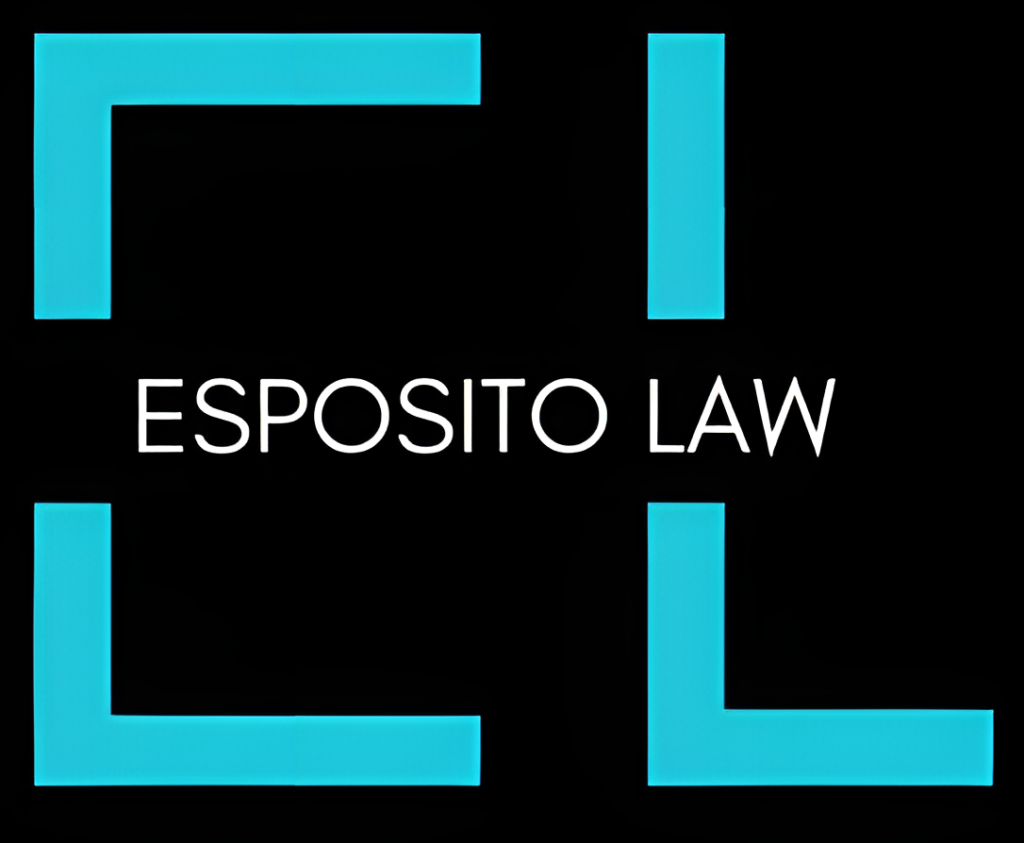Commonly Asked Questions
A personal injury is any injury that prompts the legal liability of the responsible or at-fault party. When another person causes you harm either directly or through an act of negligence, then you could have a personal injury claim. When you can establish clear fault of the other party, this allows you to bring a claim for compensation for injuries incurred.
If you have recently been involved in a car, truck or motorcycle accident, some vital first-steps include:
- Contact and wait for law enforcement officers to investigate the accident
- Thoroughly document the scene by taking pictures and exchanging insurance information with any and all other parties involved
- Immediately seek medical treatment for any injuries. Be sure to consistently document your treatment and recovery over time.
- Lastly, do not discuss and provide a recorded statement to anyone before speaking with a reputable attorney.
While there’s no way to precisely predict the value of your personal injury claim, there is a way to find an approximate value. This is done by totaling your economic damages such as medical treatment, lost wages, paying for hired help around the home and physical therapy. For moderate injuries, this total is then multiplied by around 1-1.5 and can reach around 5 times this amount for severe and catastrophic injuries. It is best to discuss your case with an experienced personal injury attorney to get a better idea of what your case’s settlement would be.
The time it takes for your personal injury case to settle can vary. If your case is very complicated in nature, then you can expect the case to take longer to settle, around a year or more. If you have a more simple personal injury case, then you could potentially reach a settlement within just a few weeks. It is best to discuss your case with an experienced personal injury attorney to get a better idea of what your case’s timeline would be.
A statute of limitation applies to personal injury cases that places a time limitation for when you can file your personal injury claim. In California, the statute of limitations for filing a personal injury claim is typically 2 years. However, there are various exceptions. You should consult with an attorney to confirm when the applicable statute expires for your case.
Once you file your personal injury claim, you serve the at-fault party with a copy of the paperwork and wait for them to file a reply. During this time your attorney will begin building your case by contacting witnesses, gathering medical evidence and collecting evidence from the other party. Both parties will have adequate time to bring preliminary motions to the court. If your injuries sustained are minor, your attorney might suggest approaching the other side with a settlement agreement. Your case could also reach resolution in mediation. If either of these result in settlement, then you collect payment and your case is over. If your case goes to trial, your attorney advocates your case and asks the jury to grant you a fair outcome.
If you are partially at-fault, then you can still be entitled to damages as long as you are not more to blame than the defendant. In this case, you will often recover for a proportional share of what you would have recovered if you were not at all to blame.
To maximize your personal injury settlement, it is important to immediately begin to build a case using strong evidence. It is also important to understand all of the available categories of damages that apply and build evidence for each type of loss that you are claiming. Another important factor is carefully preparing court filings that comply with California law. Finally, once the other side files their court motions, you and your attorney must respond both aggressively and appropriately.
If the driver was drunk or otherwise criminally at fault for your injuries, you may also be able to recover punitive damages, or damages awarded by a court for a defendant’s gross negligence. Punitive damages punish the driver for disobeying the law.
At Esposito Law, we have the experience and resources to help clients in Southern California get the compensation you deserve. We help our clients in many ways including but not limited to:
- Locate all the insurance coverage and identify all defendants
- Deal with the insurance company so you do not have to
- Gather documentation such as police reports, medical records, and lost wage information
- Stay apprised of your medical care and document all your damages
- Build your case to show why the defendant was at fault
- Advise you and provide thoughtful recommendations so you can make informed decisions about your case







